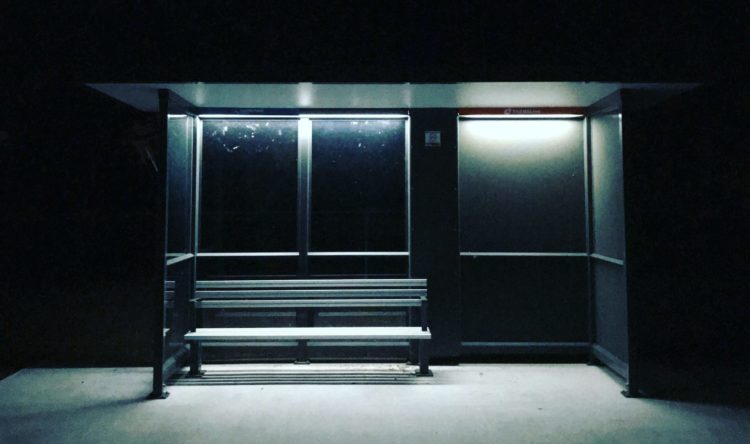Slash fuel tax or actually spend it on roads?
More than double the amount of drivers that want fuel duty slashed would happily continue to pay the same in order to save our roads
A poll of 3,200 motorists suggests 59% want to freeze the level of tax and see the Chancellor reinvest 2p from every litre of petrol and diesel sold, back into the network.
Some 26% of respondents want to see fuel duty reduced, with 10% in favour of an increase.
Many suspect that Rishi Sunak may end the decade-long fuel duty freeze in Wednesday’s Budget, to encourage motorists to switch to greener modes of transport.
41% said they would be more attracted to electric vehicles if further funds were announced by Chancellor Rishi Sunak in the Budget.
As things stand, the current Plug-in Car Grant – which provides up to £3,500 off the list price of a new battery electric vehicle – may not be extended at all after this year, ending the direct financial support given to help drivers go electric.
With the high up-front cost of electric vehicles second only to concerns about EV range on a single charge according to the RAC’s research (28% say the former is their biggest concern, 31% the latter), it is clear the Government needs to continue providing incentives that will encourage more drivers to make the switch to an electric model.
RAC head of policy Nicholas Lyes said: “What the Government decides to do with fuel duty is always the subject of much speculation before each Budget, and this year is no exception.
“With one of the wettest Februarys ever recorded fresh in the minds of so many motorists, we’re concerned we’re on the verge of yet more pothole misery if action is not taken soon.”
Recent RAC figures show vehicle breakdowns caused by potholes increased by a fifth year-on-year during the last three months of 2019.
Ring-fencing 2p from every litre of fuel sold is said to be worth an extra £1 billion per year and is supported by the Local Government Association (LGA).
The added funds would help tackle a maintenance backlog of £9 billion, spanning the past 10 years.
Member councils suggest that road conditions have been made worse by an extra 3.6 million cars on Britain’s road, compared to 10 years ago.
If these additional vehicles were lined up bumper-to-bumper they would cover the length of the UK coastline, a staggering 11,000 miles.
While car numbers are on the rise it also appears we’re using them more often, as 14.7 million motorists (35%) say they’ve become more dependent on their vehicles in the last 12 months – up from 33% in 2018.
Mr Lyes said: “We believe the only hope for getting the UK’s local roads up to a standard fit for the 21st century is by ring-fencing a small proportion of the tax drivers already have to pay every time they fill up.”
For more news and information from RAC, please click here.
Image: RAC





